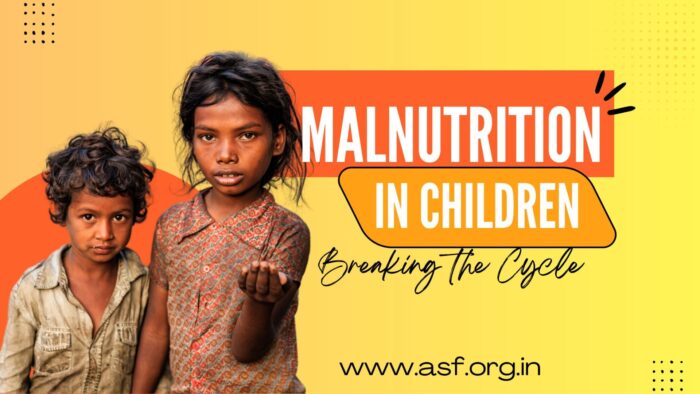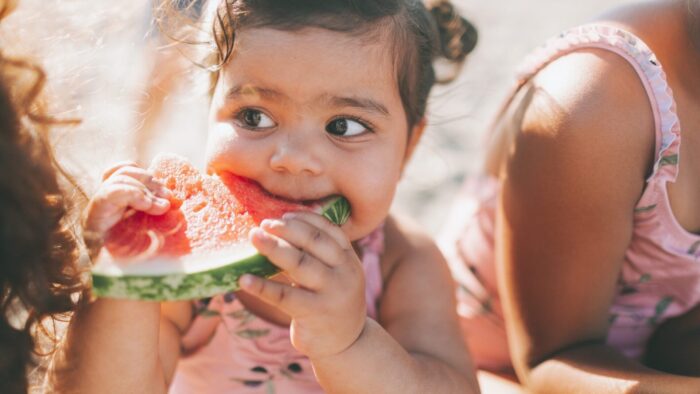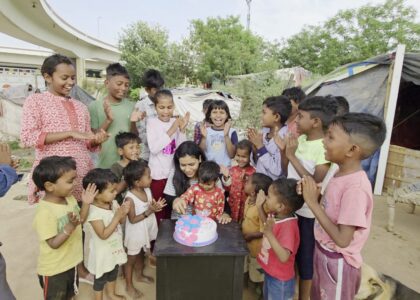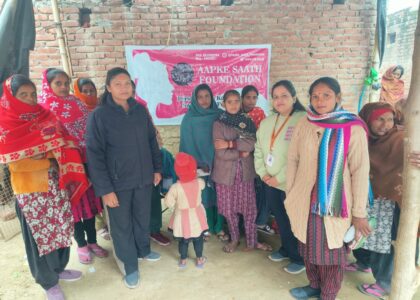Simple Strategies for Healthy Eating in Kids

“A nation that cannot feed its children today will struggle to build a strong future tomorrow.” – World Bank
What Is Malnutrition in Children?
Malnutrition is a major child development issue in India and around the world. It includes:
- Undernutrition – caused by lack of protein, iron, calcium, and vitamins.
- Overnutrition – due to junk food and sugary drinks, leading to childhood obesity.
👉 According to the World Health Organization (WHO):
- 45 million children under 5 are undernourished.
- 39 million are overweight.
Keywords Used:
malnutrition in children, childhood obesity, child development, WHO statistics
Why Nutrition Is Important for Child Growth

A healthy diet ensures:
- Strong immunity
- Better learning and school performance
- Proper brain and physical growth
🧒 Undernourished children often face lifelong health challenges.
🔗 Read more at UNICEF Nutrition
Keywords Used:
nutrition for kids, healthy food for children, child health India
Top Causes of Malnutrition in Children

- Lack of Nutritional Awareness
Parents may not know what to include in a balanced diet for kids. - Food Insecurity in India
Many families can’t afford fruits, milk, or protein-rich food. - High Junk Food Consumption
Sugary snacks and fast food reduce nutrient intake. - Picky Eating Habits
Children often reject vegetables, fruits, and whole grains. - Cultural Diet Patterns
Limited food variety can lead to deficiencies. - Low Nutrition in School Meals
Some schools offer food low in protein and fiber.
🔗 Explore school feeding programs
Keywords Used:
food insecurity, balanced diet for kids, junk food problem, school nutrition India
How to Promote Healthy Eating in Children

1. 🥗 Provide a Balanced Diet
A proper child nutrition plan includes:
- Proteins – eggs, lentils, chicken
- Iron – leafy greens, dates, beans
- Calcium – milk, curd, paneer
- Vitamins/Fiber – seasonal fruits and vegetables
🔗 Get food guides at MyPlate.gov
Keywords Used:
child nutrition India, food for children, healthy food plate
2. 🕒 Build Healthy Habits Early
- Start a variety of foods at a young age
- Keep fixed meal times
- Limit junk food and sodas
- Make meals fun and colorful
Tip: Use steel or colorful plates to attract kids!
3. 👨👩👧 Be a Positive Role Model
- Eat healthy yourself
- Avoid using food as a punishment
- Cook at home often
- Teach kids about what they eat
🔗 See Eat Right India Campaign
4. 🥦 Manage Picky Eating
- Add vegetables to favorite meals
- Offer food choices
- Involve kids in cooking or shopping
Example: Let your child mash potatoes or mix salads—it builds interest.
5. 🏫 Improve School and Community Nutrition
- Demand nutritious mid-day meals
- Start kitchen gardens in schools
- Add nutrition education to classrooms
🔗 Reference: Mid-Day Meal Scheme
6. 💰 Make Healthy Food Affordable
- Use local items like moong dal, carrots, bananas
- Plan meals to avoid waste
- Get help from government food programs
🔗 Check India’s Poshan Abhiyaan
Keywords Used:
healthy food for poor children, food charity India, NGO food support
🌟 Real Examples of Fighting Malnutrition in children
✅ India – Mid-Day Meal Program
Provides free lunches to school children. Improves attendance and health.
✅ Brazil – Zero Hunger Initiative
Helps families access food and supports local farmers.
✅ USA – Healthy Kids Act
Schools must follow strict food guidelines to prevent child obesity.
🔗 Read more at FNS USDA
🤝 Join the Movement to End Child Malnutrition
Everyone has a role to play:
- Parents: Offer nutritious meals at home
- Schools: Serve and teach healthy food habits
- Communities & NGOs: Support food drives and nutrition camps
“Ending malnutrition is not just a health issue; it is an investment in human capital and economic growth.” – Dr. Lawrence Haddad
📌 Key Takeaways
✔ Start early with healthy food habits
✔ Reduce junk food and sugary drinks
✔ Support government and NGO nutrition programs
Get All the Info You Need About the Campaign from Our Volunteer
Feel free to contact our friendly volunteers—they’re happy to help!
Frequently Asked Questions (FAQs) ❓
Malnutrition in children means not getting enough or the right nutrients, affecting growth, immunity, and brain development.
Key causes include poor diet, lack of awareness, food insecurity, excessive junk food, and low-quality school meals.
Offer balanced meals, reduce junk food, set regular meal times, and involve kids in cooking to build interest.
Include proteins (eggs, dal), iron-rich foods (spinach, nuts), calcium (milk), and vitamins from fruits and vegetables.
Schools should provide healthy meals, teach nutrition, and grow fresh produce through school gardens.
Yes, with proper diet, supplements if needed, and early action, most children can recover and grow healthily.
NGOs like Aapke Saath Foundation provide nutritious meals, raise awareness, and support underprivileged families. Learn more





Really helpful article! It’s great to see clear tips on how to support children’s nutrition and fight malnutrition in practical ways.